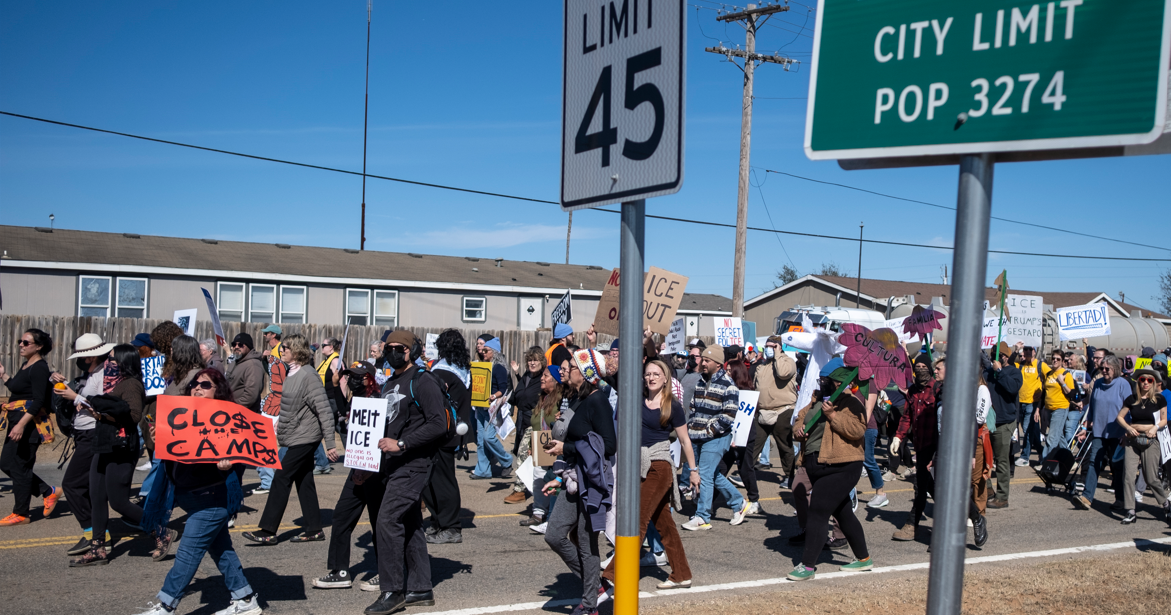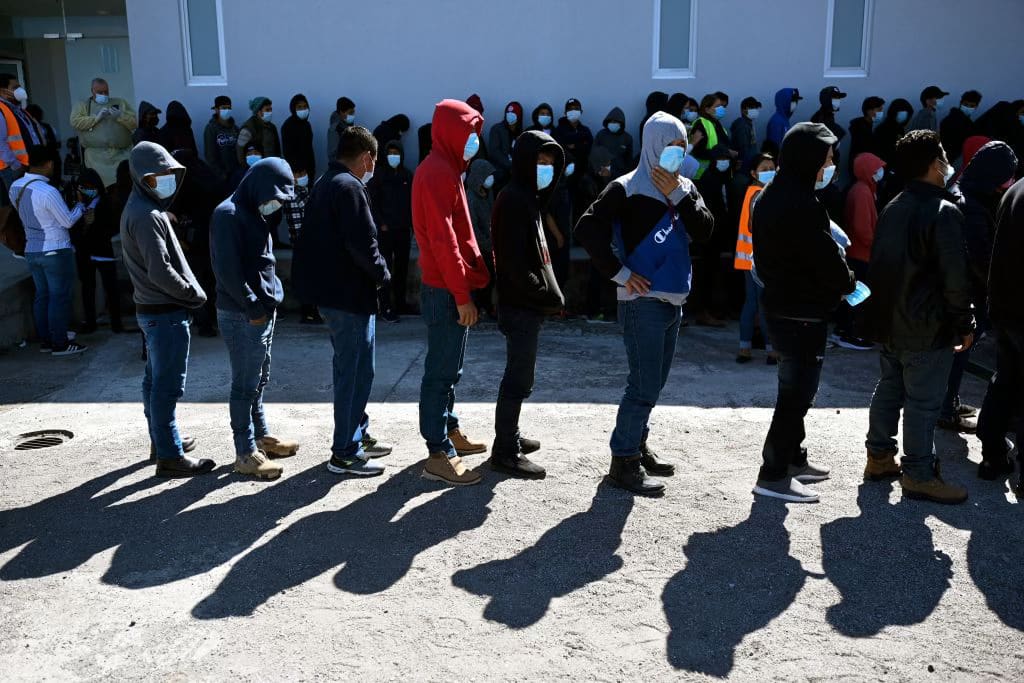Government explores 5 cities for new facilities for unaccompanied migrant children
The U.S. government is searching for new locations to set up permanent shelters for unaccompanied migrant children in five southern cities, CBS News has confirmed.
In a letter sent in early April to county officials in at least two of the cities, Dallas and Houston, an official for the U.S. Department of Health and Human Services wrote that the agency is preparing for an increase in apprehensions.
"HHS is preparing for the need for high bed capacity to continue," wrote Fred Schuster, regional director for the agency. He wrote that it is "conducting exploratory assessments of vacant properties" in San Antonio, Phoenix and Atlanta, in addition to Dallas and Houston. He added the agency is seeking to lease sites "for potential future use as state-licensed permanent shelter locations....to reduce the potential need for temporary influx shelters in the future."
Such temporary sites have proven controversial. A "tent city" that housed unaccompanied migrant children in Tornillo, Texas last year attracted criticism and protests before it was shuttered in December. A facility in Homestead, Florida that has expanded to fill Tornillo's void has also sparked concern.
Schuster's letter was provided to CBS News by Judge Lina Hidalgo of Harris County, which is home to to Houston. "We are very concerned for the welfare of these migrant children and are in the initial phases of assessing the notice," Hidalgo said in a statement. "Any action will be guided by the principle that every child must be treated with fairness and respect, and that families belong together."
Schuster wrote in the letter that border and immigration officials referred about 32,000 children to HHS from Oct. 1 through March 30, a jump of nearly 50 percent from the same period last year.
In September, CBS News obtained through a Freedom of Information Act request a document that describes the agency's specifications for new facilities.
It notes examples of vacant locations that might be suitable, including dormitories, hotels, schools, nursing homes and hospitals. The document says facilities must be a minimum of 50,000 square feet and "able to be fenced or have existing similar boundary."
A list of "optional" features sought include, "kitchen/cafeteria, outdoor space for exercise, classroom space, showers and toilets, high speed internet access configured in at least one work space (and) heating, ventilating, and air conditioning."
Another county judge, Dallas' Clay Jenkins, confirmed he received Schuster's letter, and said he spoke to HHS personnel by phone. Jenkins said that though he does not support many of the president's immigration policies, he told HHS officials he would work to gather community and faith-based assistance for the children if the government chooses Dallas sites.
"What I hope is that if children are here, that to the extent that they can, the local community can layer on top of whatever is happening to those kids an acceptance of care and love," Jenkins said. "It's so traumatic to travel that distance at a tender age, and then to be in a jail-like setting, it can further the trauma. So I hope we can limit that as best we can."



